Compliance, Risk & Due Diligence

Money Laundering with NFTs
Money laundering , in its simplest terms, refers to the act of making illegally-gained proceeds appear legal by disguising the origins of such funds. Traditionally, this process involved a series of transactions through banks or other financial institutions, often spanning multiple countries to add layers of complexity. However, as the digital economy has evolved, so too have the methods of money laundering. Enter Non...

Essential Steps in Conducting Due Diligence Checks
Every business transaction, whether it's a merger, an acquisition, or a simple investment, carries its share of risks. Identifying, understanding, and addressing these risks is fundamental to ensuring the security and success of the transaction. This critical process of assessment is known as due diligence. Conducting thorough due diligence checks has become an indispensable part of modern business practices, serving...

How to Implement a KYC Program in the UK
The concept of "Know Your Customer" or KYC , at its core, is a process used by businesses to verify the identity of their clients. It serves as a critical component in financial systems, ensuring that institutions are not inadvertently facilitating illegal activities such as money laundering, terrorist financing, or identity theft. In the UK, the importance of KYC checks is amplified by its integration within the nation...

Understanding Global KYC Requirements & Their Impact on the UK
In an increasingly interconnected global economy, understanding global KYC (Know Your Customer) equirements is imperative for businesses worldwide, and especially in the UK. The evolution of KYC regulations reflects a concerted effort worldwide to counteract illicit financial activities such as money laundering, terrorist financing, and fraud. The KYC process involves the verification of customers’ identities and assessment...

What Companies Can Learn From 5 Recent Fines by Global Regulators for Alleged Money Laundering
Alleged breaches of Anti-Money Laundering regulations are leading to increasingly large fines against companies, as we have shown over the course of this AML Risk series . In this blog, we dive deeper into five recent enforcement actions by regulators around the world to find lessons all companies can learn to improve their compliance and better manage money laundering risk. 1. Take a risk-based approach to due diligence...

Anti-money laundering fines are up by 50%. Here's how your company can avoid being next
Avoiding a breach of Anti-Money Laundering (AML) regulations–and the fine that follows–should be a priority for any company in 2023. The financial costs of a compliance failure is increasing, with global fines against companies rising by 50% year-on-year. In the latest blog in our AML series, we look some recent global fines for alleged money laundering failures. We then highlight four ways for firms can avoid a compliance...

Step-by-Step Guide to Politically Exposed Persons Checks
A Step-by-Step Guide to Conducting Politically Exposed Persons Checks Politically Exposed Persons (PEPs) refer to individuals who are or have been entrusted with a prominent public function, either domestically or internationally. Such persons can include high-ranking officials, politicians, and their immediate family members or close associates. In the ever-evolving landscape of business and finance, Politically...

All You Need to Know About Global AML Regulations
All You Need to Know About Global AML Regulations Across the globe, governments, financial institutions, and international regulatory bodies are diligently working to enforce stringent Anti-Money Laundering (AML) regulations. These measures are established to curb financial crimes, maintain economic stability, and ensure transparency in all types of financial transactions. The primary objective of AML regulations...
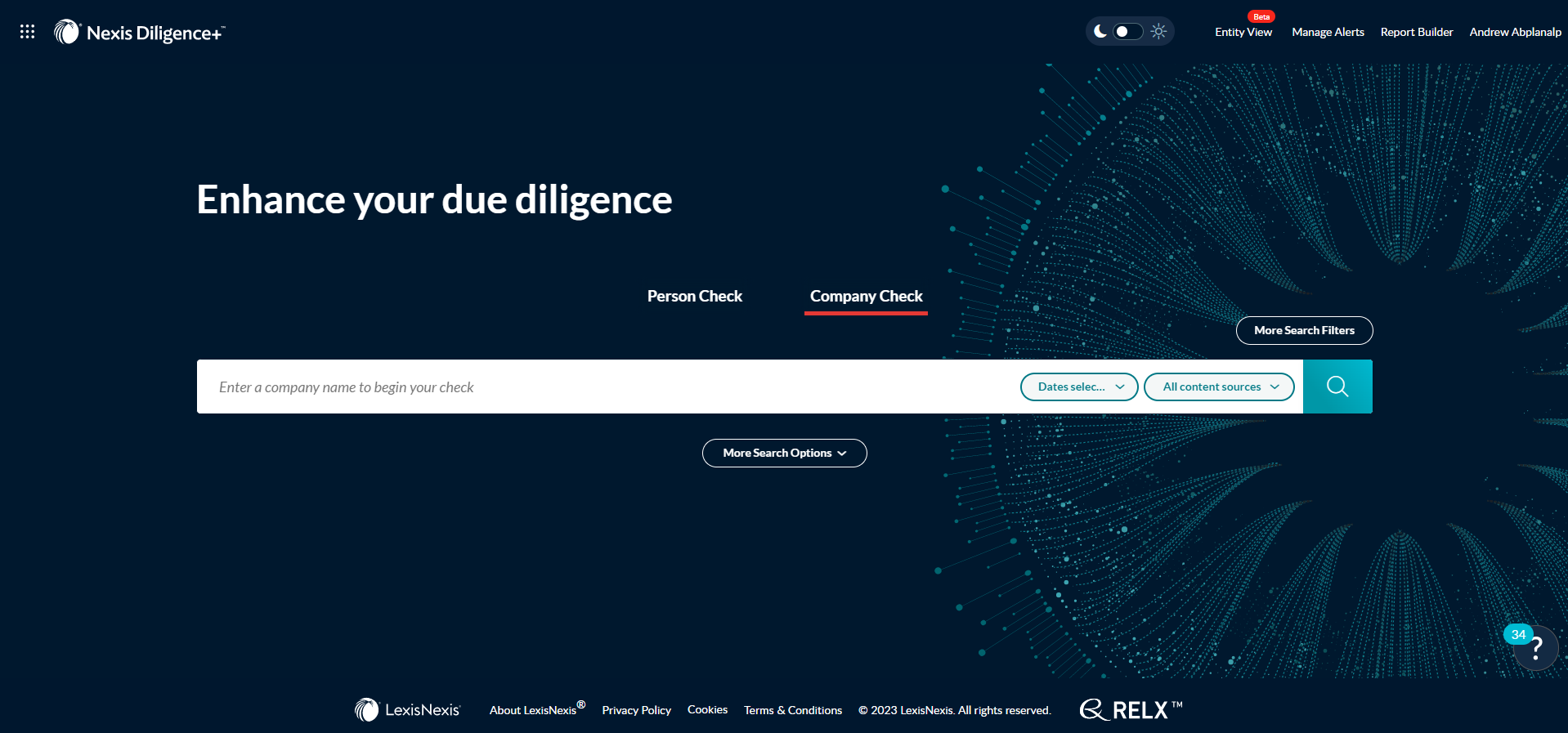
Nexis Diligence+™︎: Taking Your Due Diligence to a Higher Level
When it comes to business, it’s important to have high standards—especially when evaluating risk and protecting your reputation. To do so requires a comprehensive due diligence process that’s powered by information that you can trust. And with so many other responsibilities to manage, it can be difficult to perform an appropriately thorough due diligence investigation on a short timeline. If you’re looking to bring...
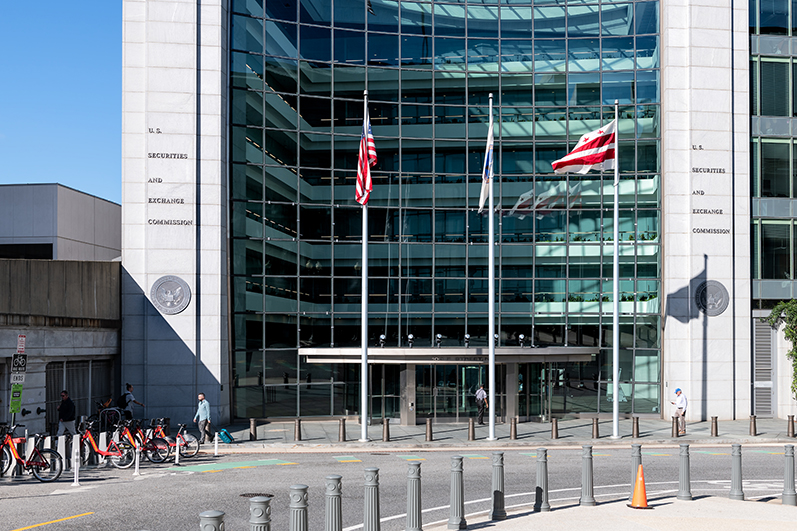
Recent regulatory enforcement actions against alleged bribery and sanctions breaches show the rising risks of a failure of due diligence
Alleged compliance breaches have led to combined fines and settlements worth hundreds of millions of dollars in Q2 of 2023. Regulators have taken enforcement action against companies over their activities in jurisdictions spanning four continents. In this blog, we look at some of the most significant regulatory interventions in recent months and suggest how companies should retool their compliance approach to mitigate...

Wolfsberg Principles set the agenda for financial institutions’ compliance
New Wolfsberg Principles warn global banks of the risk factors that require Enhanced Due Diligence on a wide range of data The Wolfsberg Principles are widely regarded as authoritative guidance for how financial institutions should respond to the rising risks of bribery and corruption. New guidance has recently been released for the first time in six years. We unpack its main recommendations of risk factors which should...

ESG due diligence is no longer optional: major banks face investor calls for climate action
In the last month, some of the world’s biggest banks have faced votes from investors to improve their ESG and climate records. This is just the latest evidence that a growing proportion of shareholders, employees and consumers want to invest in, work for and buy from companies that can demonstrate a positive, ethical impact on the world. In this blog, we explain how Nexis® Solutions can help companies to retool their...

Navigating KYC in Crypto: Your Key to Secure Transactions
The Importance of KYC in Crypto The cryptocurrency industry has experienced tremendous growth in recent years, transforming the way people transact and invest in the financial markets. With a multitude of digital currencies, blockchain projects, and innovative use cases, the crypto landscape continues to evolve at an astonishing pace. However, this rapid expansion has also attracted malicious actors, necessitating the...

The urgent challenge of understanding third party environmental impacts
New report shows the urgent challenge of understanding third party environmental impacts and the opportunity of effective due diligence Only 5% of the UK’s largest companies have published a ‘credible’ environmental plan that would comply with forthcoming regulations, according to a new report. This stark statistic shows the difficulties facing compliance officers seeking to assess the ESG impact of third parties and...

Stay Updated: Money Laundering Regulations Explained
What are the Money Laundering Regulations in the UK? Money laundering is a significant global issue that threatens the stability and integrity of financial systems. The UK has established comprehensive anti-money laundering ( AML ) regulations to combat this growing threat. Here, Nexis Solutions UK provides an overview of the UK money laundering regulations , who oversees said regulations and how LexisNexis can help...

Examples of Money Laundering Techniques
Examples of Money Laundering Schemes Learn how to protect your organisation from common examples of money laundering as we explore the world of money laundering techniques , uncovering the many methods used by criminals to hide their illegal profits. From simple acts like smurfing to the elaborate schemes of cyber laundering, Nexis Solutions UK delves deep to provide a thorough understanding of these deceptive practices...

Stark reminder of the costs of compliance failure as US regulator fines telecoms firm after alleged Deferred Prosecution Agreement breach
A multinational telecommunications company has pleaded guilty to breaching the anti-bribery provisions of the US Foreign Corrupt Practices Act and must pay a $206 million penalty. In this blog, we look at the judgement by the US Department of Justice, and highlight the legal, financial, reputational and strategic risks of a compliance failure. We also outline how Nexis® Solutions can help companies to improve their due...

Mastering KYC Documentation: Essential Guide for Compliance
Required Components of KYC Documentation When dealing with many types of organisations, it is essential to comply with the Know Your Customer (KYC) requirements. KYC documentation consists of several documents that are used by businesses to verify their customers’ identity, assist in preventing frauds and protecting both themselves and their customers. Knowing all the components required for KYC documentation can...
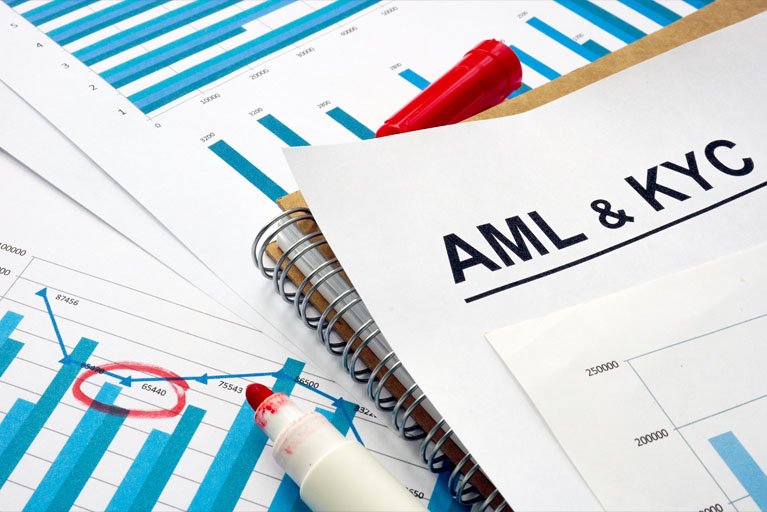
AML & KYC: Navigating Through the World of Financial Regulations
How are AML and KYC Related? When it comes to financial security, Anti-Money Laundering (AML) and Know Your Customer (KYC) regulations have become a key part of the global compliance landscape. But what exactly do these two financial safeguards mean? What’s the difference between them? And why are they both essential for businesses dealing with protected funds? LexisNexis addresses all of your questions about AML and...
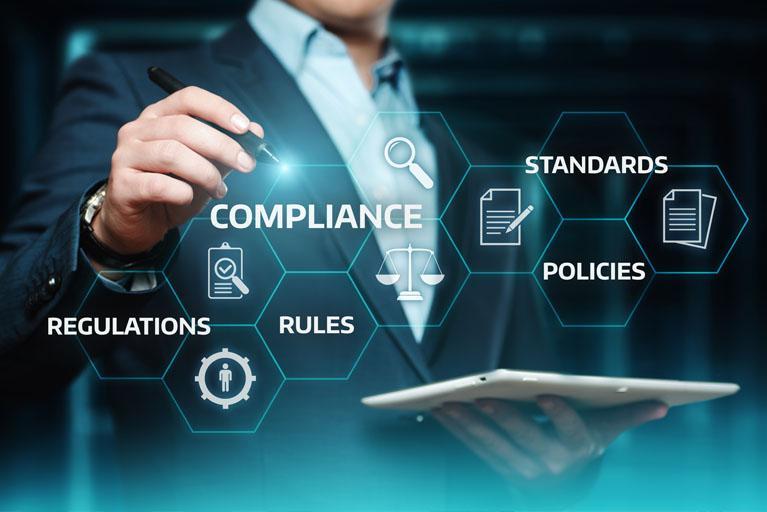
Unlocking Compliance Rules & Regulations for Businesses
Rules & Regulations of the Compliance Landscape: Best Practices in Compliance In today's increasingly regulated business environment, organisations have to stay ahead of the ever-growing compliance landscape. It is essential for businesses to ensure they are not only meeting all relevant regulations but also that they are taking appropriate steps to ensure their practices remain compliant going forward. LexisNexis outlines...

Inside UK's Financial Intelligence Unit: Safeguarding Economy
The UK’s Financial Intelligence Unit The UK Financial Intelligence Unit (UKFIU) is an essential organisation, offering vital intelligence about terrorist financing, money laundering and other activities that could impact businesses and other aspects of the finance landscape. Understand what the UKFIU does, how it helps combat economic crime in the UK and how you can use its resources to protect yourself from risks in...

Understanding Types of Financial Crime: A Comprehensive Guide
Common Types of Financial Crime Financial crimes, such as tax evasion, money laundering and embezzlement, can have serious consequences for individuals, businesses, and corporations alike. There is an array of illegal activities that can be considered financial crime. In a broad sense, the term refers to any act involving deception or dishonesty for financial gain. Unfortunately, these criminal acts remain common due...

Round up of recent major fines for alleged compliance failures – and how companies can mitigate this rising regulatory risk
Over the past few months, companies from a wide range of jurisdictions and industries had to pay hundreds of millions of dollars in fines for alleged failures of compliance and due diligence. In this blog, we dive deeper into some of these enforcement actions and draw out lessons companies can learn to mitigate the legal, financial, reputational and strategic risks of a regulatory breach. We also explain how Nexis Solutions...

3 Ways that Timely, Third-Party Data Helps Manufacturers Identify Supply Chain Red Flags Faster
Supply chain risk is not a new phenomenon, but it has certainly intensified. As the pandemic began its global spread in early 2020, 94% of Fortune 1000 companies reported supply chain disruptions . Today, global supply chains continue to flounder, earning a spot on the 2022 Davos Agenda and in the minds of procurement and supply chain leaders worldwide. Improving visibility into potential supply chain risk is a must,...
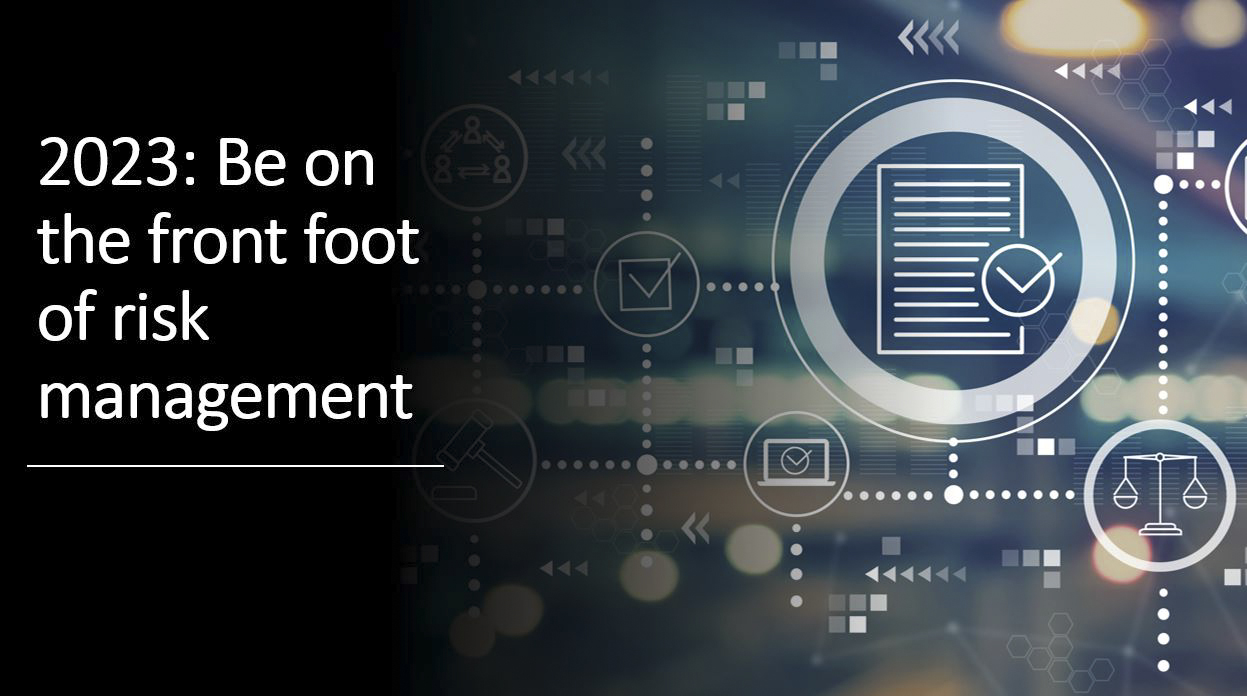
2023: Be on the front foot of risk management
Change is one of the few constants in our “unprecedented age”. It has afforded a great deal of improvement in the professional world. However, it has brought with it increased complexity, risk and requires businesses, more than ever, to be on the front foot of innovation. Specifically, operations must be regularly reviewed and enhanced to bring them in line with compliance legislation and good working practice. While...